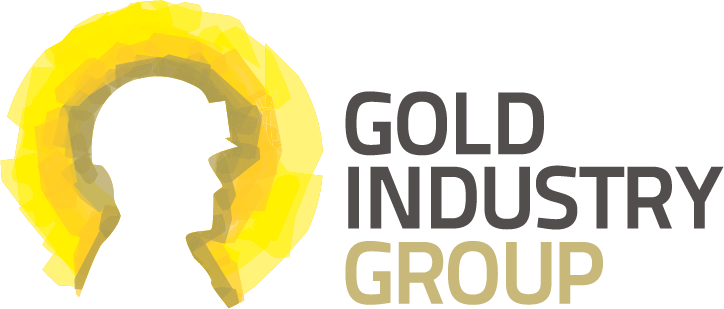A powerhouse panel of five leading industry businesswomen shared their insights on Indigenous Relations to a sold-out crowd at the Western Australian Mining Club’s luncheon last month, emphasizing the need for visible role models and a dedicated business council.

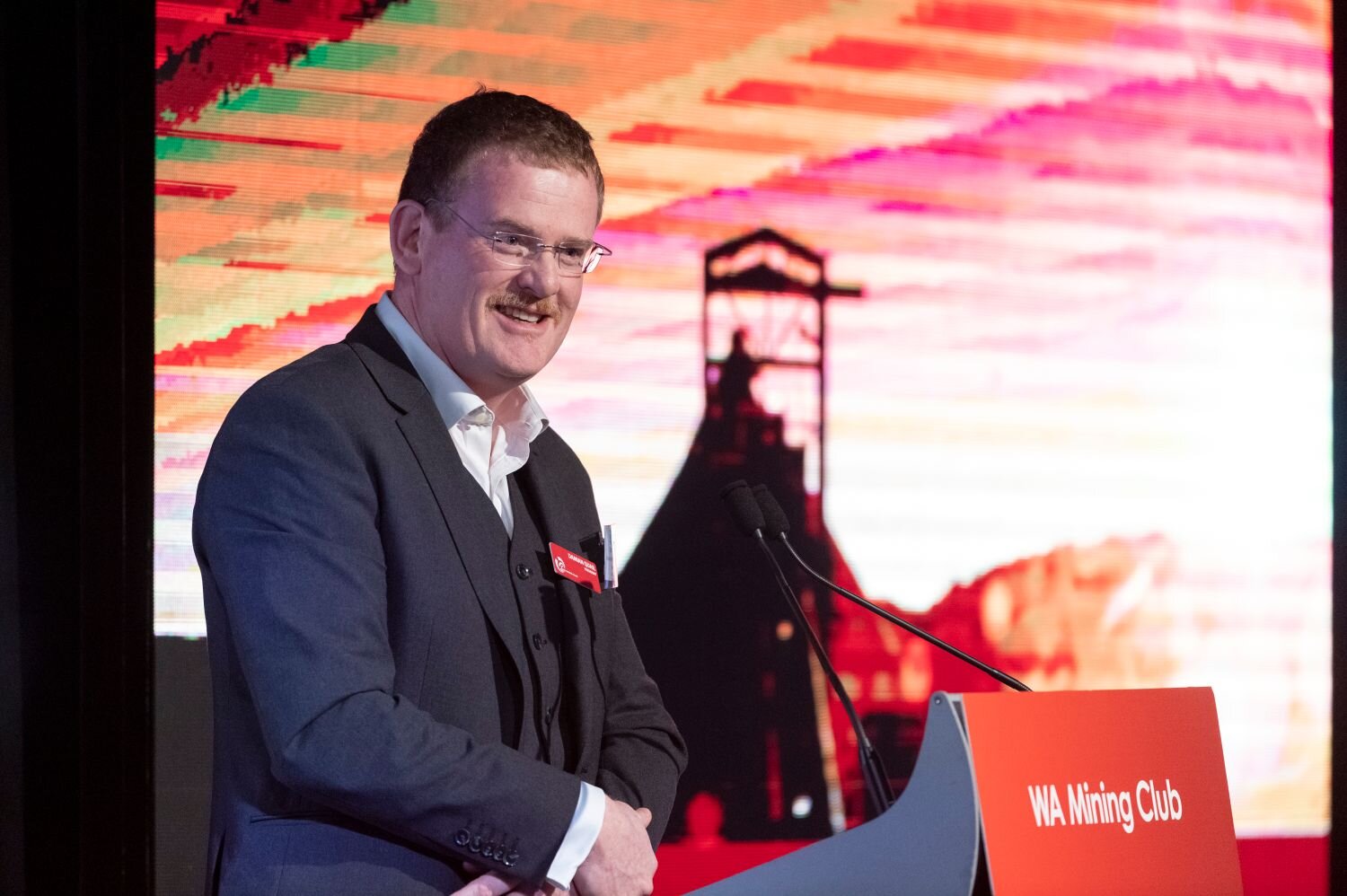
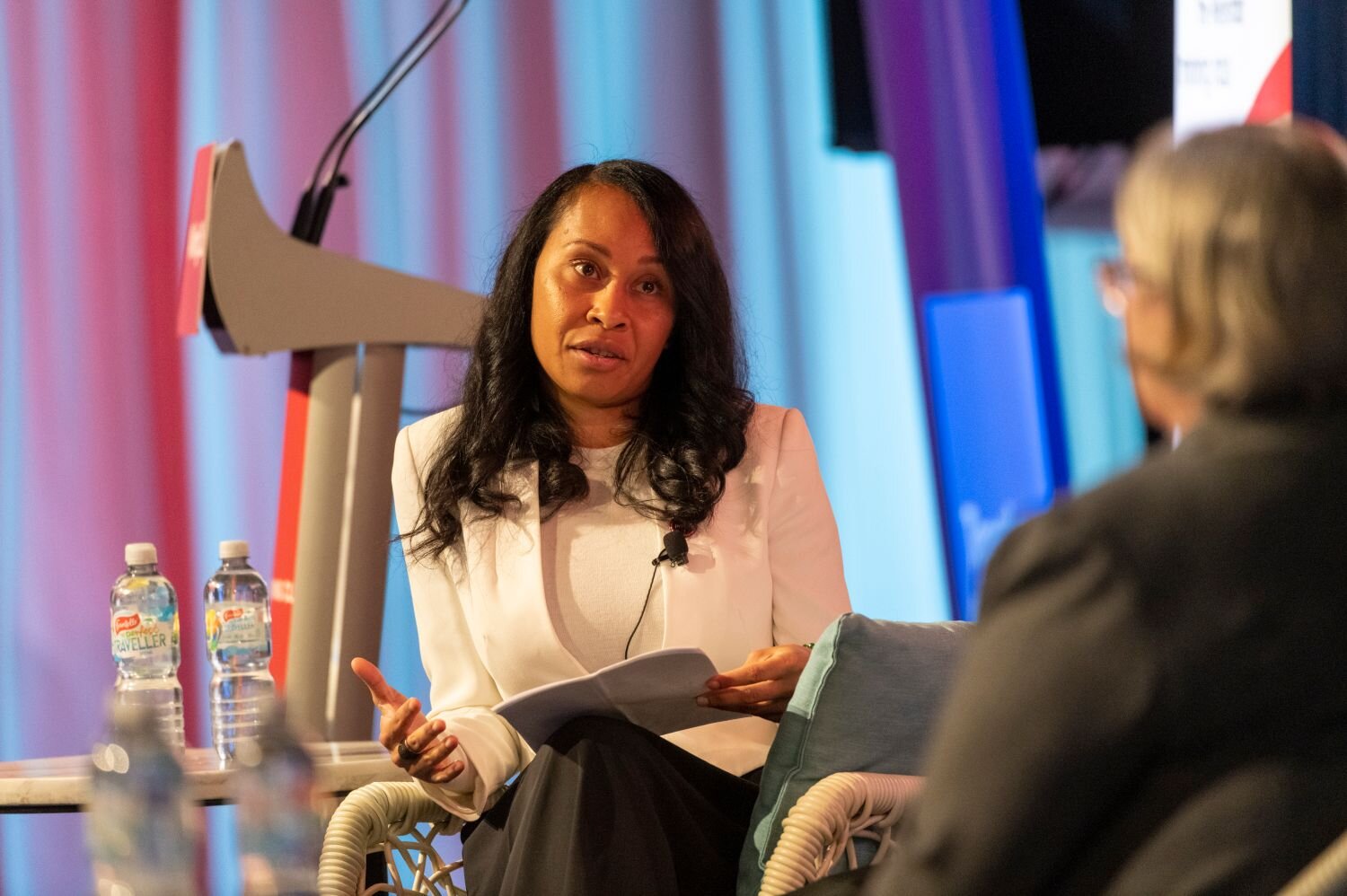

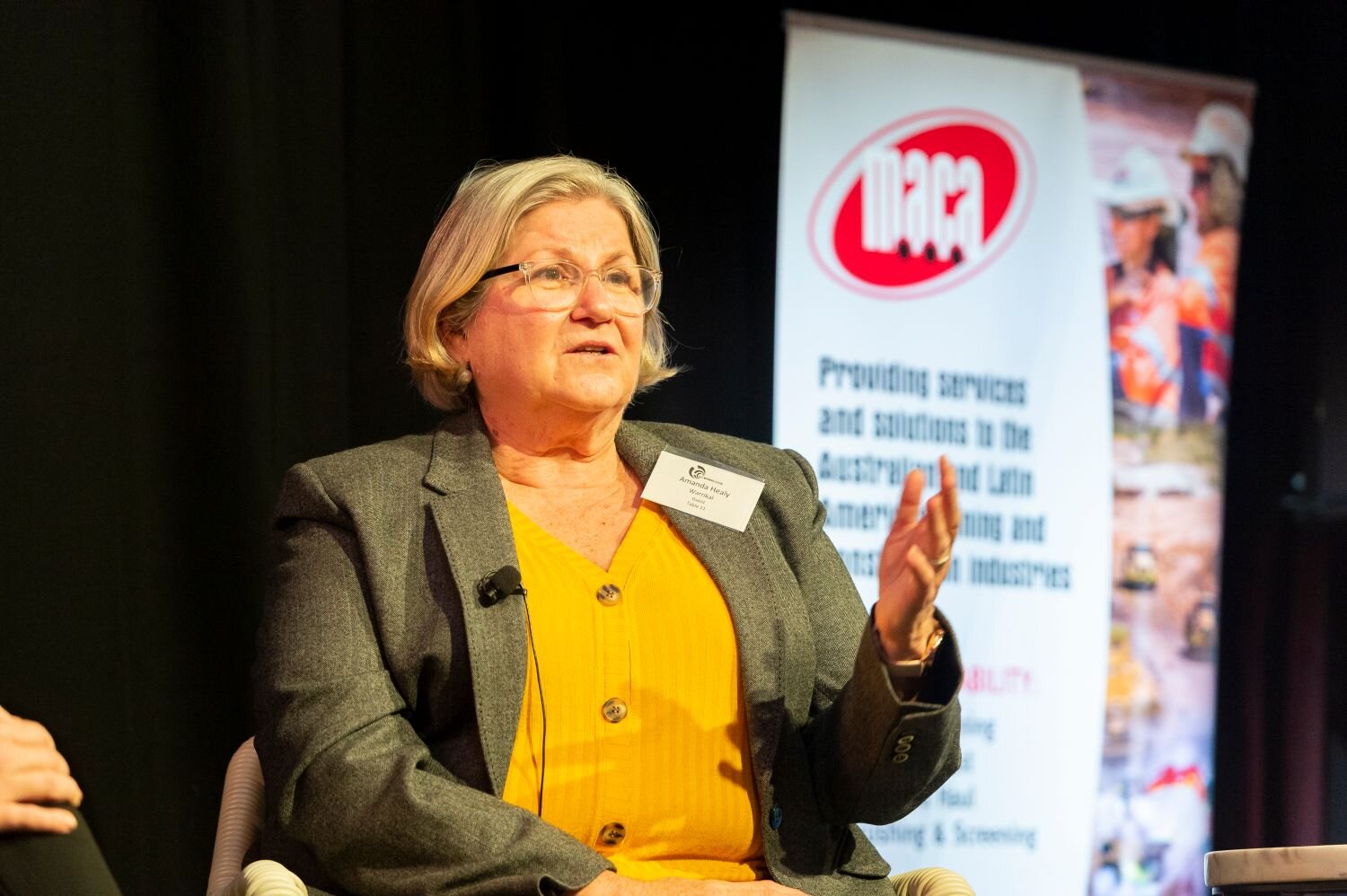
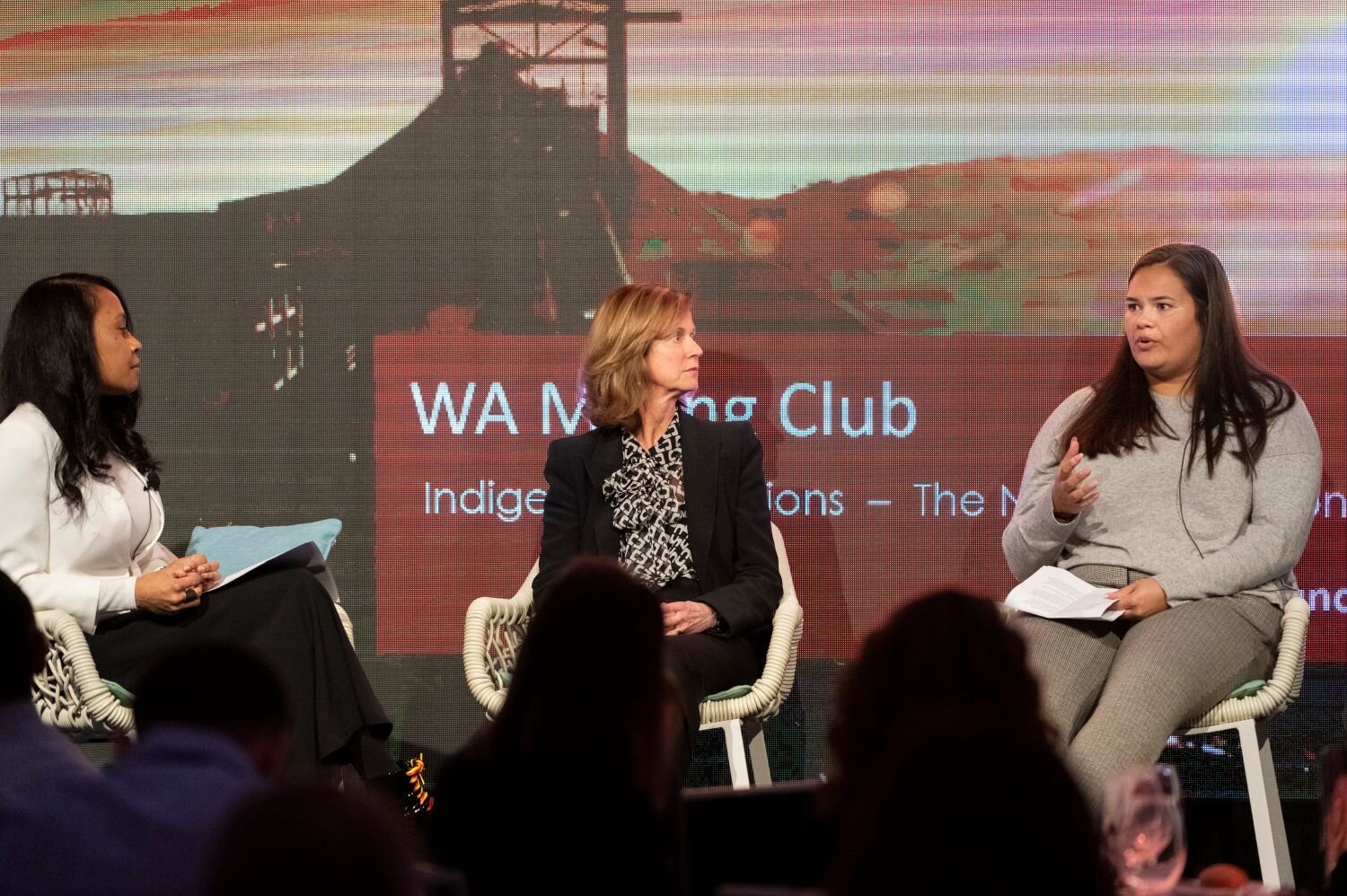
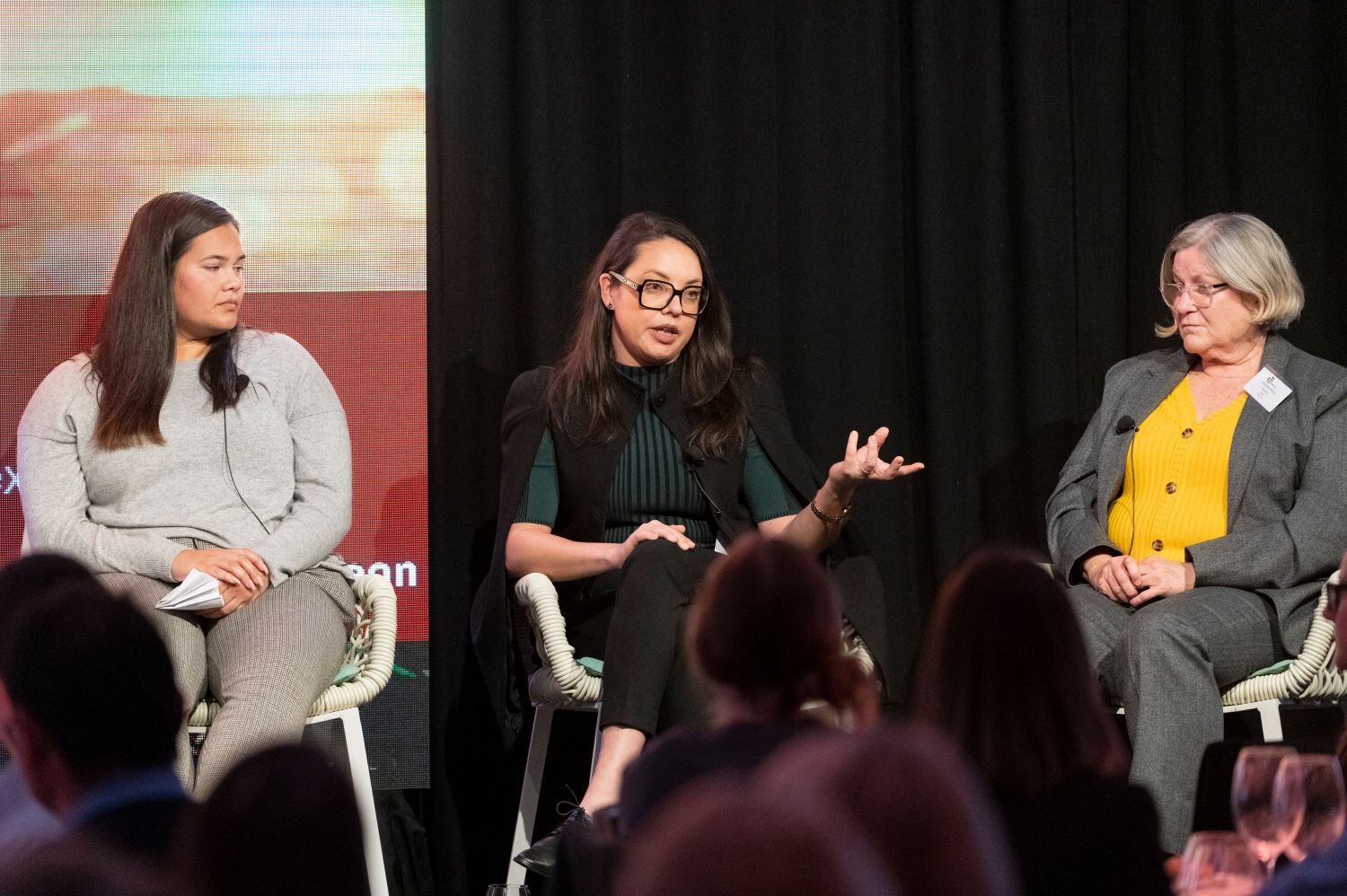
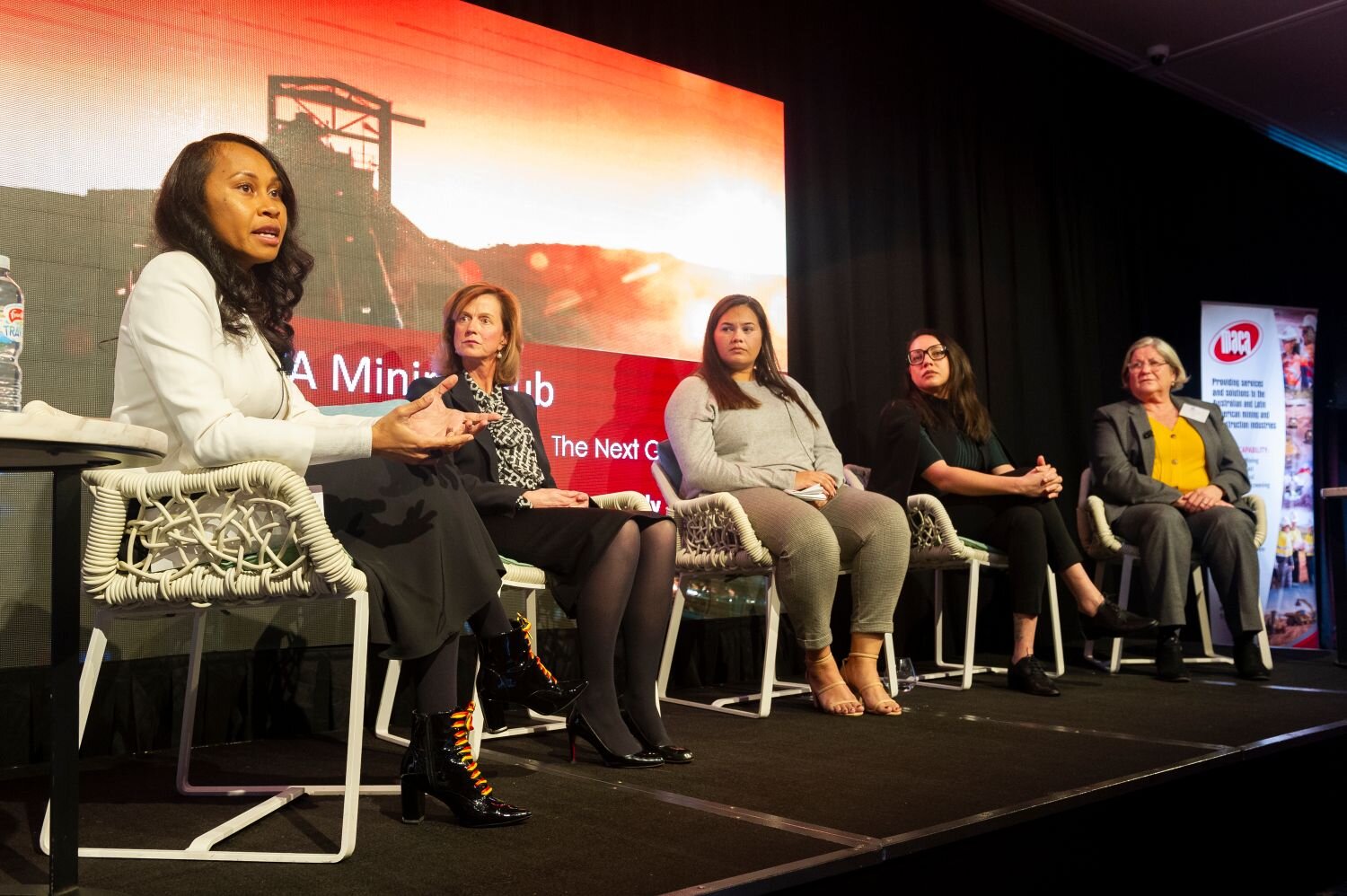
Held at Beaumonde on the Point in Perth, the July lunch was the Club’s first in-person event to be held since February 2020 due to the State’s COVID-19 restrictions, and was also live-streamed to interstate and international viewers unable to travel into WA.
The timely event took place as the Black Lives Matter movement grows and as Australia’s federal government announced a new Closing the Gap agreement, designed to tackle Indigenous disadvantage.
Following a Welcome to Country by Kulbardi CEO Kim Collard, Gold Industry Group Director and AngloGold Ashanti Australia VP Corporate Affairs, Community and HR Andrea Maxey was joined by fellow panellists 2019 WA Mining Club Indigenous Student Scholarship Winner Jarni McGuire; Warrikal CEO Amanda Healy; Fortescue Metals Group Manager Organisational Development April O’Reilly; with moderator and Indigenous Women in Mining & Resources Australia Founder and CEO Florence Drummond.
"You can't be what you can't see," said Ms Drummond on the need to have prominent Indigenous role models in the industry.
She then referenced the Chamber of Minerals and Energy Western Australia’s 2019 report on the percentage of female and Indigenous participation, asking the panellists for their advice and best practices on how to attract and retain these employees.
Andrea Maxey suggested industry had to date been very focused on gender, but perhaps not as focused on cultural diversity, and she believed there are more role models out there than one would think. She also pointed out some of the practical and realistic pathways that female and Indigenous applicants can utilise to work their way up within a company through to a leadership or board position.
“Networking is really important and taking advantage of the leadership development programs that are available in your company – so many companies are ready to provide that support. And I think we, as companies, also have to take a really good look at diversity and inclusion, looking at the benefits that it brings both to our leadership teams and to our boards,” she explained.
Ms Maxey also pointed out the importance of industry growing relationships with Aboriginal companies, particularly with small companies, using AngloGold Ashanti’s enduring partnership with Carey Mining as a leading example, which began in 1996.
“It’s about the long-term relationships, building partnerships, and providing that support to a smaller organisation. Using the joint venture mechanism is a way to help small businesses get a start with mining organisations,” she said.
Ms Maxey credited the company’s board as driving an approach of employing senior leaders of colour throughout all other facets of the business.
“It’s a targeted focus, particularly on equity and development, they’re missed opportunities for everyone. Having role models is so vital and so is putting effort into your development programs,” she concluded.
Jarni McGuire insisted it was important for Indigenous students, particularly young people, heading into the workforce to investigate a company's values and realise the values they can bring as a person.
“We should be educating people on what they should be looking for in an organisation, instead of ‘I really want to work for this company’, ask ‘Do they hold the values that I hold?’ and ‘What are they going to do for my community?’” she offered.
Ms McGuire said that self-determination and drive meant it was just as important for companies to really evaluate each person as a student, and not just tick a box in terms of employing their next Aboriginal candidate.
April O’Reilly said Fortescue highly values the power of opportunity, and demonstrates this through employment, training, and business pathways, one of which has operated in the Pilbara for more than a decade, providing sustainable pathways and employment for Aboriginal people.
“What I found to be the most effective [development tool] for my own personal growth, was being allowed the autonomy to connect with our onsite leaders and then get out into community and creating some synergies between the two,” she said.
Ms O’Reilly said the company runs several supportive programs for employees and prospective candidates, from scholarships and flexible arrangements for families, through to a career forum to attract females in other industries with transferrable skills.
“At Fortescue, we feel that if we maintain a focus on practically-led initiatives, then that is going to compliment our target to put back into the communities where we work and to provide them with some future sustainability,” she concluded.
Amanda Healy pointed out she was born before the 1967 referendum when Aboriginal people were formally recognised, commenting on the mining industry’s hurdles and progress in community engagement and Indigenous employment.
“I remember a very different time in the mining industry. It was so unusual to see a woman in mining at that time, let alone somebody like me who had an Aboriginal background.
“I’ve seen a huge shift in the mining industry [since the 1980s]. From a business perspective, we’re finding a lot of change and changing attitudes to the work that we can do.
“It’s really about being prepared to work with people, being prepared to listen to people and understand where they come from,” she said.
Ms Healy said organisations like the Chamber of Commerce and Industry were fantastic, but wondered if there was a need to create an Aboriginal-specific representative group to provide an independent voice directly to government, and drive the support for what Indigenous businesses need most.
"Do we actually need some sort of … Aboriginal business council or is there something to be said about a mining business council or small independent mining companies and businesses, gathering some momentum together and creating a voice, a place for ourselves," she said.
"It's something I'm working on in the background at the moment," she added.
The WA Mining Club welcomes industry professionals to join the scholarship lunch event on Thursday 22 October 2020, where this year’s recipients will be announced. For more information and to register, visit the website.
